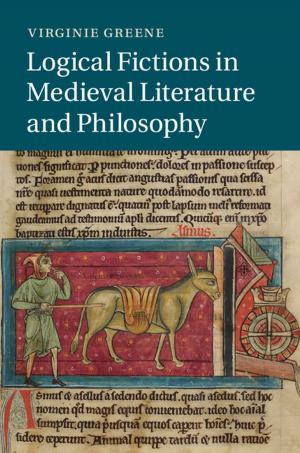The Correspondence of Charles Darwin: Volume 21, 1873
Nonfiction, Science & Nature, Science, Biological Sciences, Evolution, Other Sciences, History| Author: | Charles Darwin | ISBN: | 9781107721173 |
| Publisher: | Cambridge University Press | Publication: | January 23, 2014 |
| Imprint: | Cambridge University Press | Language: | English |
| Author: | Charles Darwin |
| ISBN: | 9781107721173 |
| Publisher: | Cambridge University Press |
| Publication: | January 23, 2014 |
| Imprint: | Cambridge University Press |
| Language: | English |
This volume is part of the definitive edition of letters written by and to Charles Darwin, the most celebrated naturalist of the nineteenth century. Notes and appendixes put these fascinating and wide-ranging letters in context, making the letters accessible to both scholars and general readers. Darwin depended on correspondence to collect data from all over the world, and to discuss his emerging ideas with scientific colleagues, many of whom he never met in person. The letters are published chronologically: Volume 21 includes letters from 1873, the year in which Darwin received responses to his work on human and animal expression. Also in this year, Darwin continued his work on carnivorous plants and plant movement, finding unexpected similarities between the plant and animal kingdoms, raised a subscription for his friend Thomas Henry Huxley, and decided to employ a scientific secretary for the first time - his son Francis.
This volume is part of the definitive edition of letters written by and to Charles Darwin, the most celebrated naturalist of the nineteenth century. Notes and appendixes put these fascinating and wide-ranging letters in context, making the letters accessible to both scholars and general readers. Darwin depended on correspondence to collect data from all over the world, and to discuss his emerging ideas with scientific colleagues, many of whom he never met in person. The letters are published chronologically: Volume 21 includes letters from 1873, the year in which Darwin received responses to his work on human and animal expression. Also in this year, Darwin continued his work on carnivorous plants and plant movement, finding unexpected similarities between the plant and animal kingdoms, raised a subscription for his friend Thomas Henry Huxley, and decided to employ a scientific secretary for the first time - his son Francis.















